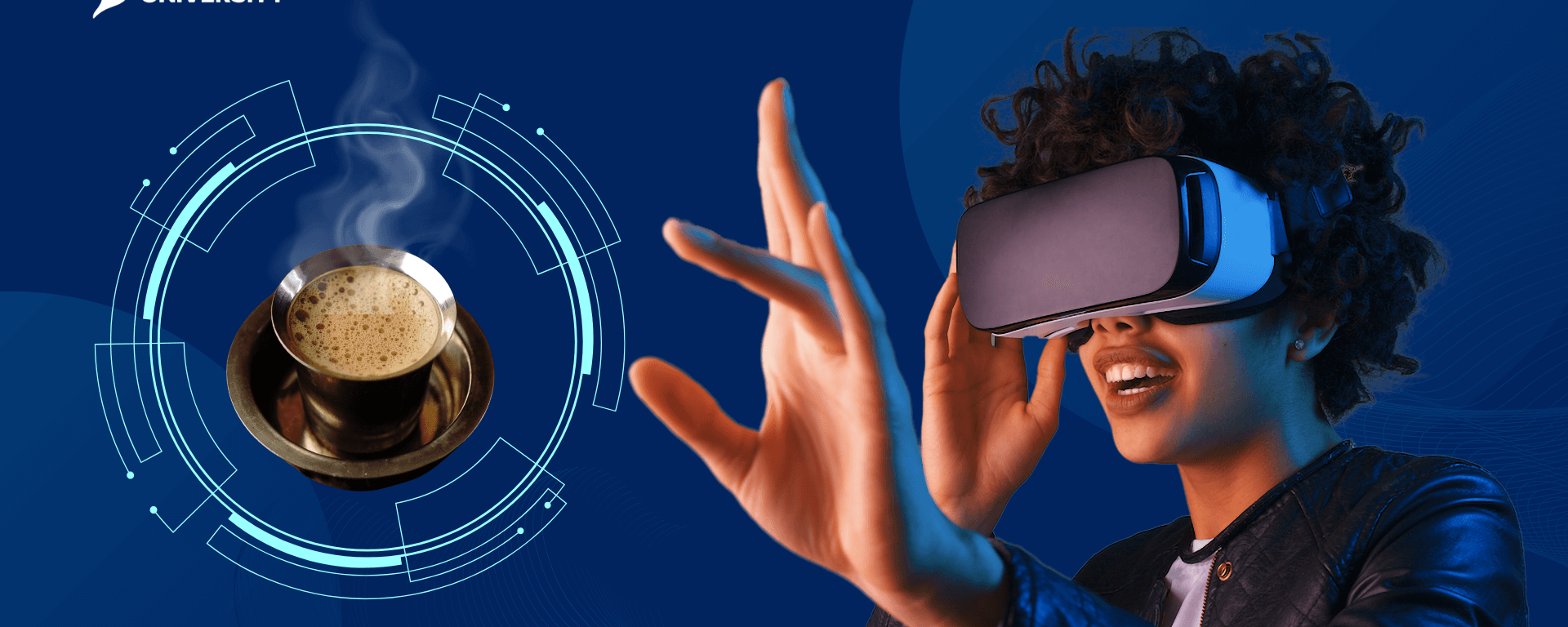From filter coffee conversations to startup brainstorming sessions, the city fosters a unique blend of tradition and modernity.
Bengaluru is more than just a city; it’s a vibe. A place where heritage and tradition blend seamlessly with technology and modernity. For students, professionals, and dreamers alike, innovation in Bengaluru isn’t merely a buzzword; it’s a way of life, ignited in the most unexpected corners of this vibrant metropolis.
Bengaluru, India’s tech capital, is a city where innovation doesn’t just live in sleek coworking spaces or glass-walled corporate offices. It flourishes in the unlikeliest of places, bustling thindi outlets, tranquil parks, crowded metro rides, and vibrant cultural gatherings.
From the aroma of filter coffee at old-world Darshinis to the artisanal brews at Blue Tokai, the city’s pulse beats with creativity, connecting tradition and modernity in surprising ways.
Wannabe startup founders can be found at Darshinis, those iconic self-service eateries dotting Bengaluru’s streets. The conversations here range from more than just crispy dosas and steaming idlis. These no-frills spots, rooted in the city’s culinary heritage, are microcosms of connection.
Eat quickly, eat cheaply, and strike up conversations with strangers. It is hardly unusual to find students brainstorming startup ideas, professionals debating tech trends, or retirees sharing life’s wisdom at these Darshinis.
Contrast this with the city’s new-age cafes like Blue Tokai, Third Wave, and Starbucks, where laptops hum alongside latte art, and freelancers pitch disruptive apps over oat milk cappuccinos. Both spaces, old and new, are incubators of innovation, proving that inspiration doesn’t need a fancy address.
Especially if you’re doing a meet-up at the famous Shiv Sagar chain of restaurants. Shiv Sagar is, by itself, a classic startup story – Narayan T. Poojari, who hails from a village called Gujjadi in Udupi district of Karnataka, went to Mumbai at the age of 13 to escape grinding poverty. Working odd jobs during the day at canteens and hostels, he studied at night. It was in the late 1980s that dosas and pav bhaji became popular, and Poojari saw a startup idea there. Shiv Sagar opened its doors in 1990 in Mumbai, and now there are branches all over the country, including in Bengaluru. He now clocks ₹75 crore annually in turnover.
Inspiration is everywhere in Bengaluru. On Sundays, Cubbon Park transforms into more than a green oasis. Amidst joggers and picnickers, free networking meets draw entrepreneurs, coders, and dreamers. Under sprawling banyan trees, ideas are swapped as easily as phone numbers. These informal gatherings, fuelled by passion rather than agendas, spark collaborations that might never happen in a boardroom. The city’s public spaces, unassuming yet dynamic, are where innovation finds its first breath.
One doesn’t have to be an IIT or IIM grad to create startups like Ola and Zomato. Bengaluru offers a democratic space for just about anyone with a great idea to meet with and pitch ideas to investors and venture capitalists. Whether it is Cycle Agarbathi’s founder N. Ranga Rao or Sarvam AI’s Vivek Raghavan and Pratyush Kumar, the city is a haven for casual meets that could result in funding, creative ideas, and potential business partners. Even Toastmasters clubs, where tech bros and shy students hone their public speaking, become spaces for pitching bold ideas with confidence.
For students, professionals, and dreamers in Bengaluru, innovation isn’t just a buzzword; it’s a way of life, sparked in the most unexpected corners of this vibrant city.

How does the author use the metaphor of filter coffee to explain the balance between tradition and modern technology?